Features
MYANMAR: CRISES SPIRAL ONE YEAR AFTER COUP
by Irwin Loy, The New Humanitarian
Volatile new conflict zones, rising hunger, and hundreds of thousands uprooted: A year into a military coup, crises are spiralling across Myanmar, but aid blockades are cutting off assistance even as humanitarian needs reach record levels.
Conditions have worsened dramatically since the military seized power in a pre-dawn coup on February 1, 2021. Existing conflicts in border areas are deepening, and new crackdowns have emptied entire towns or villages—including in areas that hadn't seen major clashes in years.
At least 425,000 people have been newly uprooted over the last 12 months, more than doubling the number of internally displaced from before the coup. Yet humanitarian access has slowed to a trickle as the military tries to quell an armed resistance movement.
STATEMENT FROM UKRAINIAN SOCIALISTS
from Social Movement, Kiev
The Kremlin has ordered the Russian army to the Ukrainian borders and is threatening to intervene if the US, NATO, and Ukraine do not fulfill its demands. We, the Ukrainian socialists, call on the international left to condemn the imperialist policies of the Russian government and to show solidarity with people who have suffered from the war that has lasted almost eight years and who may suffer from a new one.
The resurrection of Russian imperialism
After the collapse of the USSR, only one superpower remained in the world—the United States. But nothing lasts forever and now its hegemony is declining. US interventions in Afghanistan and Iraq brought catastrophic wars to the peoples of these countries and ended in disgrace for the United States. Unfortunately, the decline of American imperialism has been accompanied not by the emergence of a more democratic world order, but by the rise of other imperialist predators, fundamentalist and nationalist movements. Under these circumstances, the international left, accustomed to fighting only against Western imperialism, should reconsider its strategy.
ON THE ETHIOPIAN CIVIL WAR
by Frank Arango, Seattle Workers' Voice
In November 2020, Prime Minister Abiy Ahmed launched full-scale war on the Tigray People's Liberation Front, which governed Ethiopia's Tigray regional state. He claimed this was a mere police operation against terrorists, and lied that no troops from the neighboring country of Eritrea were involved. And he shut down all communications with the region, and banned journalists. But since then the truth has increasingly come out: Thousands of soldiers on both sides have been killed. Large numbers of civilians have been killed. The Ethiopian National Defense Force (ENDF) and its allies—principally, the Amhara regional state militia and the Eritrean Defense Force—have attacked the Tigrayan people as a whole by looting farms, factories and hospitals, burning crops and food supplies, and raping women. Forces associated with the TPLF have also been accused of atrocities. The results are that some 60,000 Tigrayans fled to Sudan as refugees during the initial stage of the war, and more than two million Ethiopians are now internally displaced, large numbers of them Tigrayans. Furthermore, Abiy has used mass starvation as an instrument of war, which has left some 900,000 Tigrayans haunted by famine.
INDIA: OUTCRY AGAINST 'SPECIAL POWERS' AFTER NAGALAND MASSACRE
by Nava Thakuria, CounterVortex
Northeast India’s conflicted state of Nagaland, on the Burmese border, is seeing a mass public outcry against long-standing emergency measures in the wake of an army massacre of civilian mine workers.
On Dec. 4, army and paramilitary troops laid an “ambush” on a passing truck near the village of Oting, Mon district. They apparently opened fire when the truck driver did not obey orders to stop. According to initial reports, the troops believed the truck was carrying a unit of one of the militant groups that have for generations waged an insurgency seeking independence for Nagaland. In fact, the truck was carrying coal miners returning from work. At least 14 were killed.
'WHAT MUST BE DONE' FOR THE PLANET
The Campaign to Shut Down New England's Last Coal Plant
by Arnie Alpert, Waging Nonviolence
There's one form of power that's generated when hot water turns turbines to create electricity.
There are other forms of power held by investors, property owners and regulatory agencies.
And then there's people power, which can be harnessed to affect decisions of investors, property owners and regulatory agencies—such that fossil fuel-burning operations cease running. That’s what the No Coal No Gas campaign seeks to do with its focus on shutting down New England's last coal-burning power plant, Merrimack Station in Bow, New Hampshire.
No Coal No Gas, which launched its first protest against the power plant in 2019, returned to Bow on Oct. 3 for a day of mass action. In addition to a rally on an adjacent ballfield and a flotilla of "kayaktivists" on the Merrimack River, campaign members planted gardens on company property, including a bed hacked out with pickaxes in the middle of an access road. After several state police cruisers arrived and dozens of officers in full riot gear marched in from behind the gardeners, 18 people were arrested.
ANTI-ASIAN PERSECUTION IN CALIFORNIA'S CANNABIS COUNTRY
by Bill Weinberg
The government of Antioch, Calif., in June issued a public apology for the anti-Asian pogrom in the Bay Area city in 1876, in which Chinese residents were driven out, their homes put to the torch. It was a part of the same wave of violence against California’s Chinese community as the Los Angeles massacre of 1871 and the San Francisco pogrom of 1877.
But even as Antioch apologizes for this ugly past, persecution of Asians appears to continue today in more remote parts of the state.
A disturbing escalation is reported in California’s far-north Siskiyou County, where Hmong immigrants from Laos have been getting in on the cannabis economy—sparking a xenophobic backlash. Conservative politicians are making hay of the tensions, while the local Hmong are starting to stand up and protest.
THE TRAGEDY OF AHWAZ
Forgotten by History and the World
by Rahim Hamid, Dur Untash Studies Centre
The protests in Iran's southwestern Khuzestan region have won some international media attention. But coverage has not noted that this region, known to its Arab inhabitants as Ahwaz, had for centuries been an independent emirate before its incorporation into Iran in 1925. This annexation was effected through military force, and with the acquiescence of the Great Powers of the day—principally Britain and Russia. With the US and European Union now attempting to revive the nuclear deal with the Tehran regime, it remains to be seen if the Ahwazi people's re-emerging aspirations to self-determination will again be betrayed. Rahim Hamid, writing for Canada's Dur Untash Studies Centre, provides an in-depth analysis.
In order to understand the current tragic situation in Ahwaz, it's important to understand its long-neglected and airbrushed history of colonialism and occupation. The protests over water shortages now rocking the Arab region, a narrow band running from the Iraqi border down the eastern Gulf coast, have won solidarity from other ethnic minority regions of Iran. They aren't a new phenomenon, but the latest consequence of decades of Iranian ethnic repression and racism, dating back almost a century.
AFGHAN WOMEN WHO ARE SPEAKING OUT
by Robyn Huang, The New Humanitarian
Before the Taliban seized control of Afghanistan on Aug. 15, some of the country's loudest voices for peace belonged to women. In southern Afghanistan's Kandahar province, for example, seated demonstrations in July drew hundreds of women from different walks of life.
Some of those voices have been pushed underground with the Taliban takeover, but they haven't been silenced. In private chat groups or on social media like Twitter, Afghan women discuss their fears, find support, share reports of what's happening in the country through the Afghan diaspora, and speak about defending hard-won opportunities for women and girls.
Pashtana Durrani and Fahima Rahmati—two Kandahar women who head community NGOs—are among them.





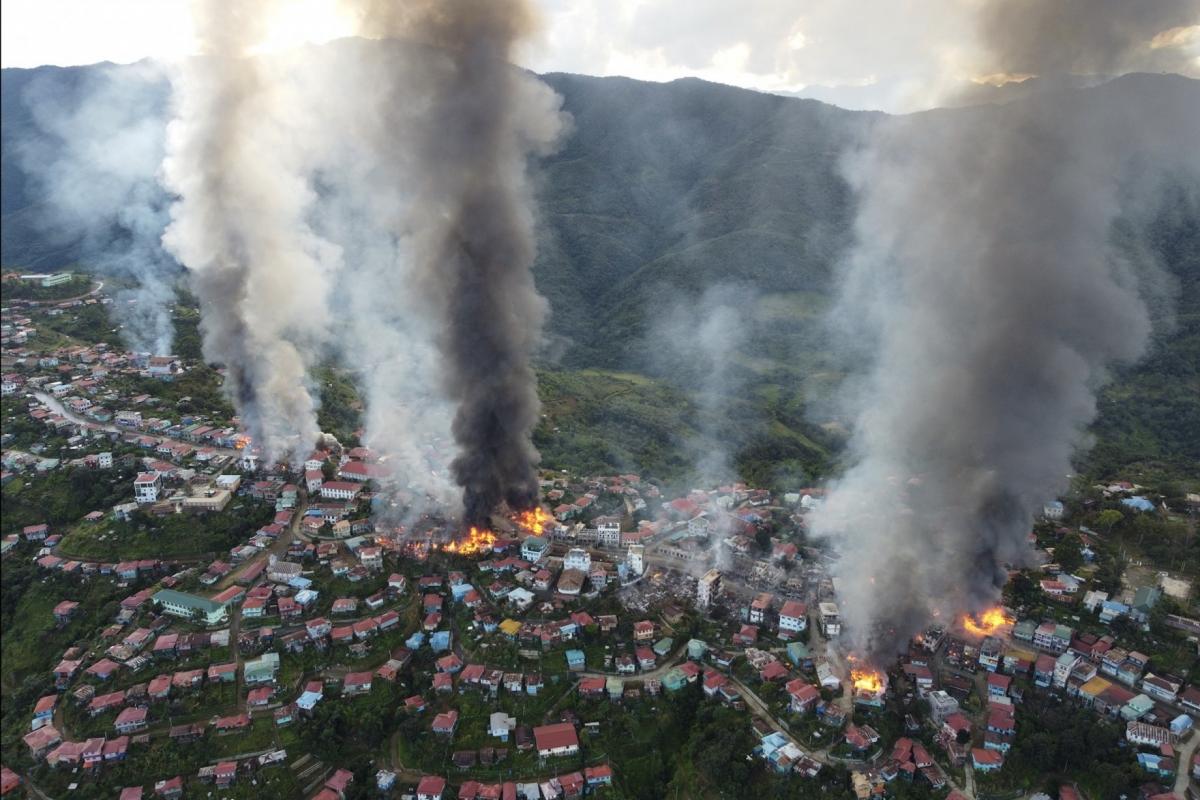
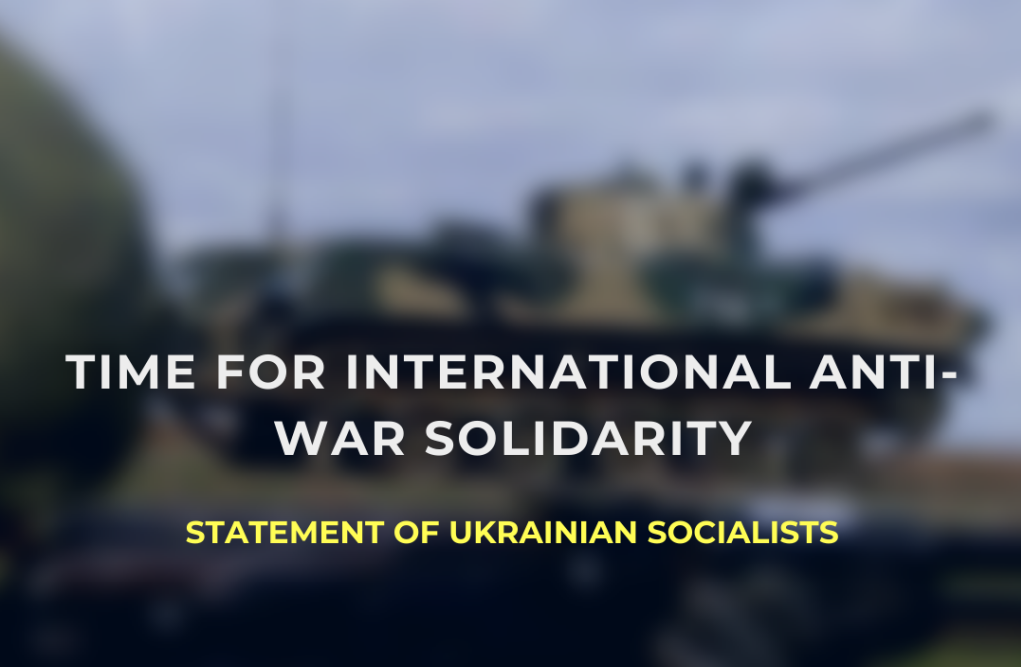
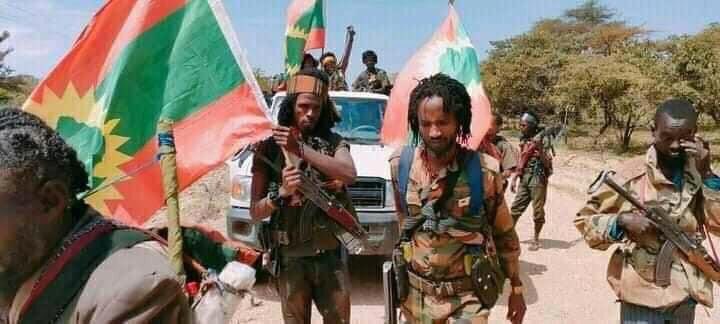

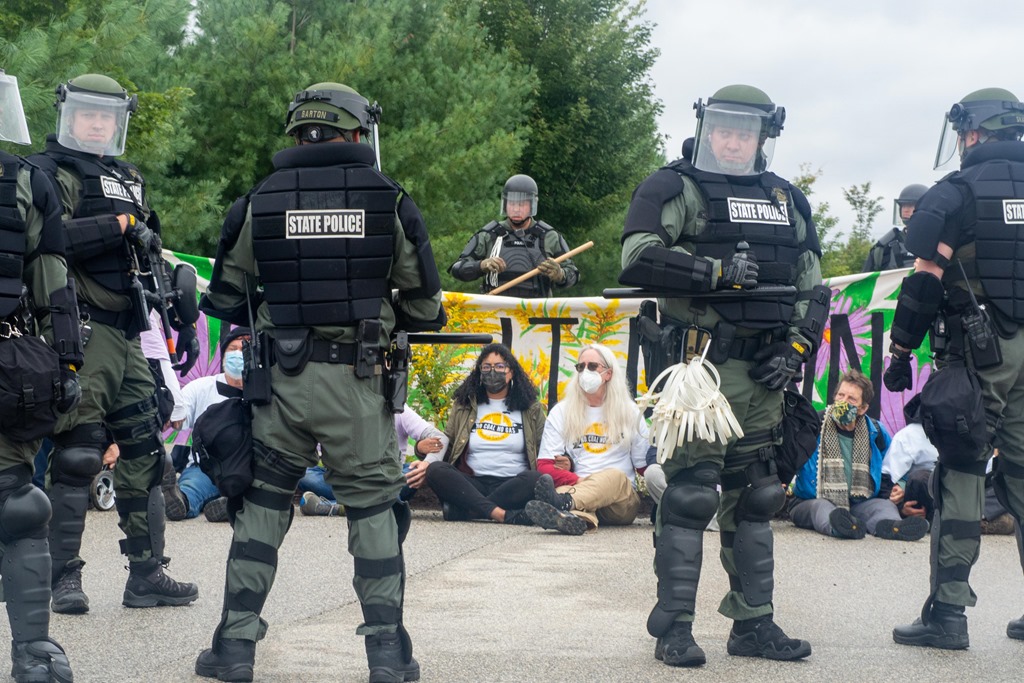
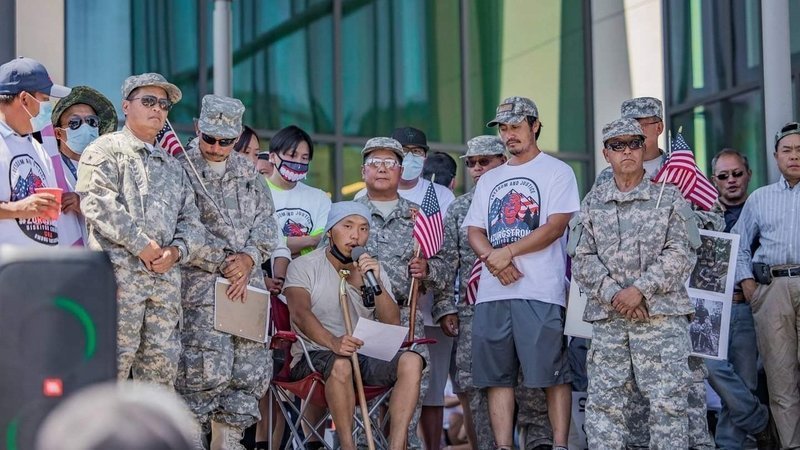
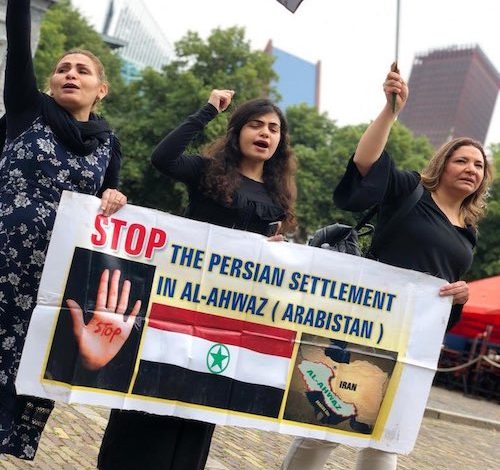
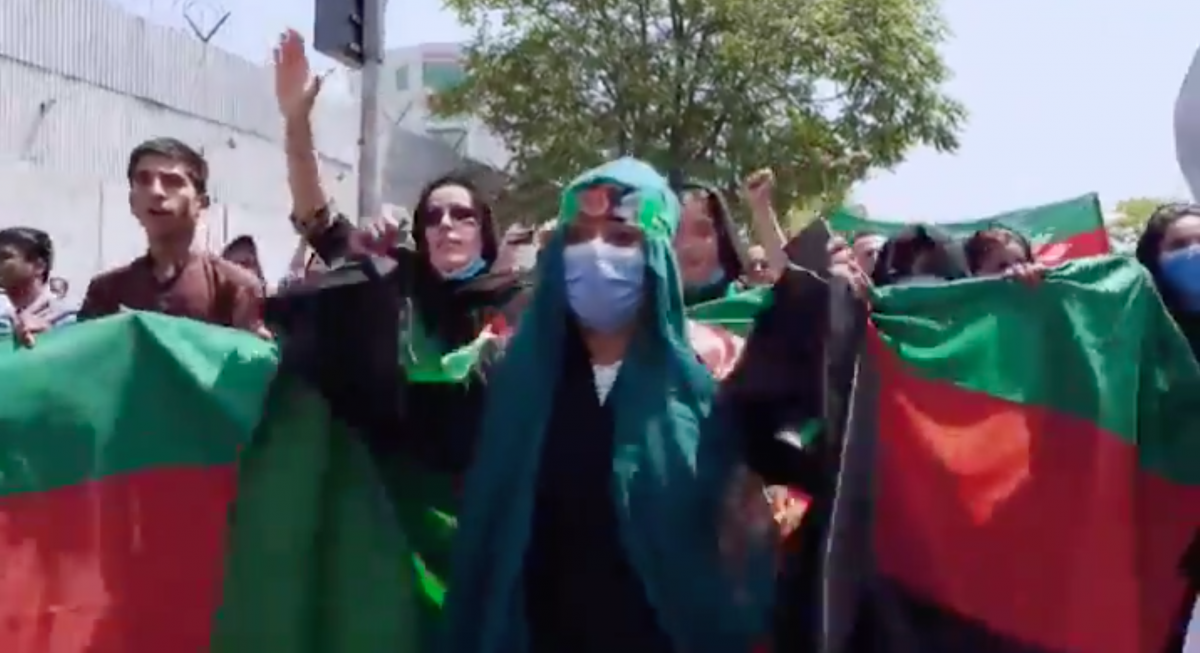










Recent Updates
27 min 34 sec ago
1 day 6 hours ago
1 day 18 hours ago
1 day 18 hours ago
2 days 18 hours ago
2 days 19 hours ago
2 days 19 hours ago
3 days 21 hours ago
4 days 2 hours ago
4 days 17 hours ago